
Very Online
Five journalists on covering the internet in search of meaning, not viral trends
Recommendation
The internet beat is culturally relevant, but the media has difficulty describing it accurately, reports Karen Maniraho, a fellow at the Columbia Journalism Review. She discusses how five journalists each approach writing about the internet. From outlets as varied as traditional news channels to internet-focused newsletters, these reporters delve into how they cover the web and why. One focuses on “Black Twitter” to provide a new perspective on a mainstream subject, while others take a more anthropological viewpoint. All five agree on the complexity and significance of reporting on the internet, its subcultures, and its impact on society, business and politics.
Summary
About the Author
Karen Maniraho is a fellow at the Columbia Journalism Review.








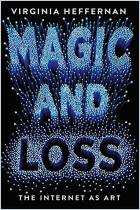
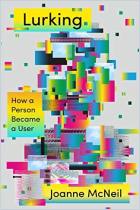
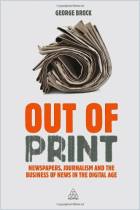
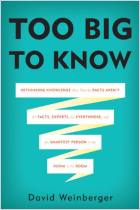
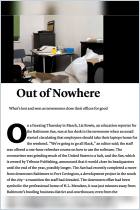





Comment on this summary